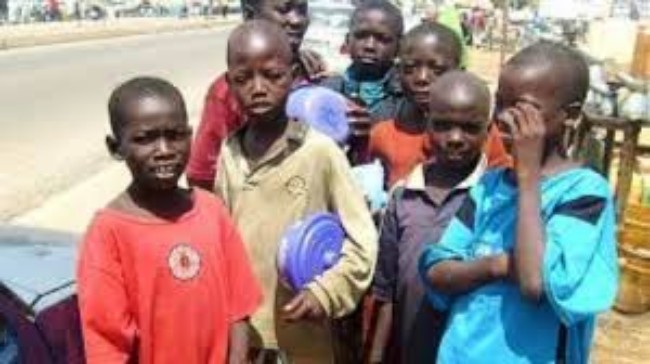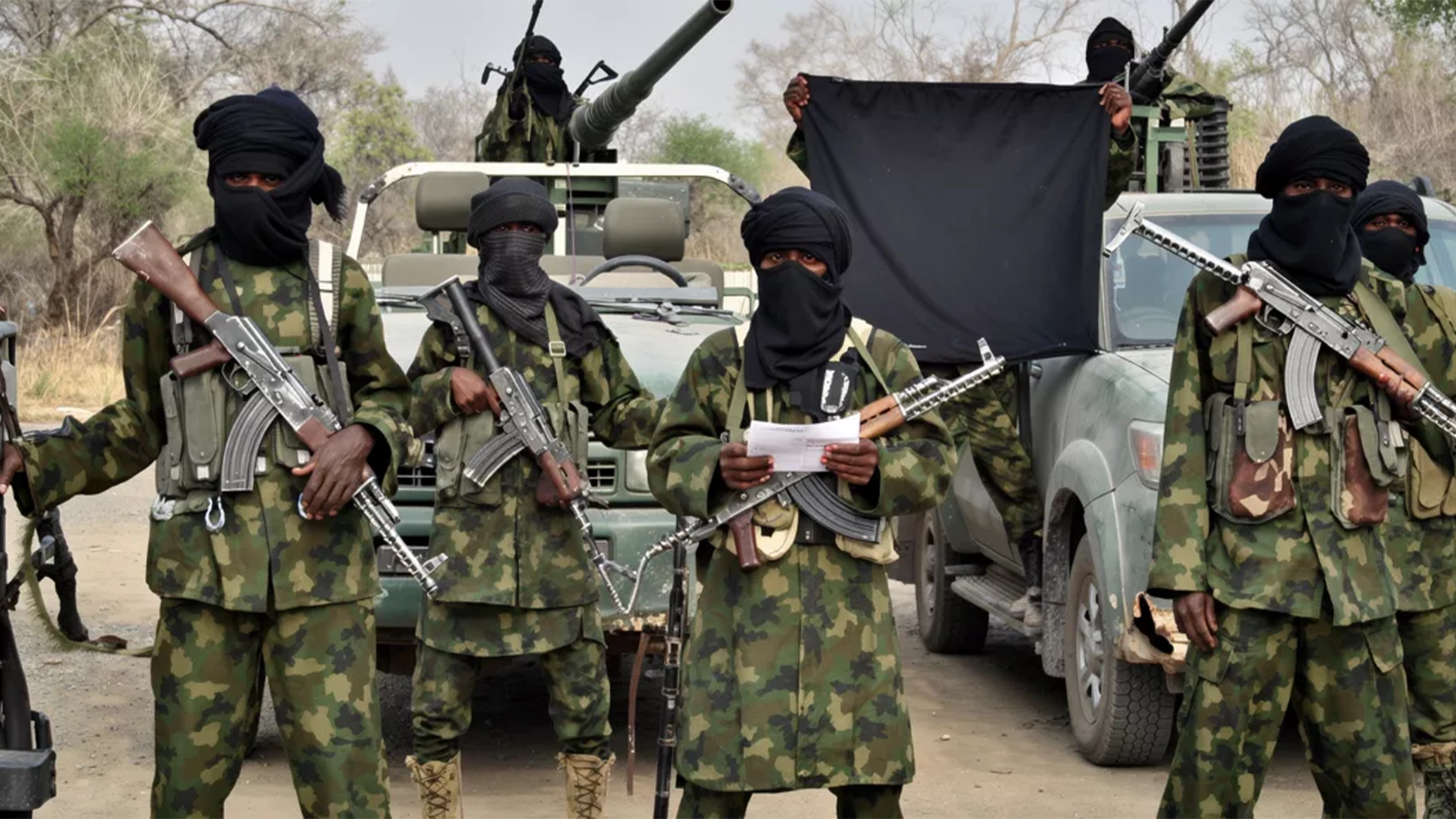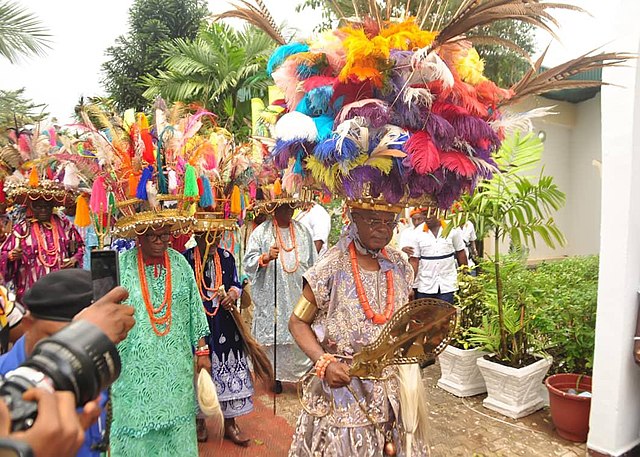
The European Union (EU) has initiated a program aimed at reintegrating 417,661 out-of-school children in the northwestern region of Nigeria.
This announcement was made by the consortium lead, Tobi Ransomed, during the official launch of the “Accelerating Basic Education and Livelihood Opportunities for Children and Youth in North West Nigeria” Program (ABEP) in Dutse, the capital of Jigawa State.
Ransomed emphasized the need for a comprehensive approach involving all relevant stakeholders to address the high number of out-of-school children in the area and help them reach their full potential.
The three-year ABEP pilot program will be implemented by Save the Children International, PLAN, and Development Alternatives Incorporated (DAG) across twelve local government areas in Kano, Jigawa, and Sokoto States.
According to data from Save the Children International (SCI), Nigeria is home to approximately 10% of the world’s out-of-school children, with over 10 million primary school-age children not attending school. Additionally, around 25% of girls and 10% of boys in the country have experienced sexual violence.
The program aims to provide safe, quality, and inclusive alternative education and accelerated programs for 324,000 young girls and boys, as well as 32,400 individuals with disabilities, facilitating their transition into formal or non-formal education.
Furthermore, the project plans to enhance access to livelihood opportunities, vocational training, and green jobs for 60,000 youth and 6,000 persons with disabilities, with 20,000 beneficiaries in each participating state.
Ransomed noted that the overall objective is to empower the poorest, underserved, and most marginalized populations—including women, girls, and youth—by providing access to quality, inclusive, gender-sensitive, and conflict-sensitive education in the northwestern states of Kano, Jigawa, and Sokoto.






